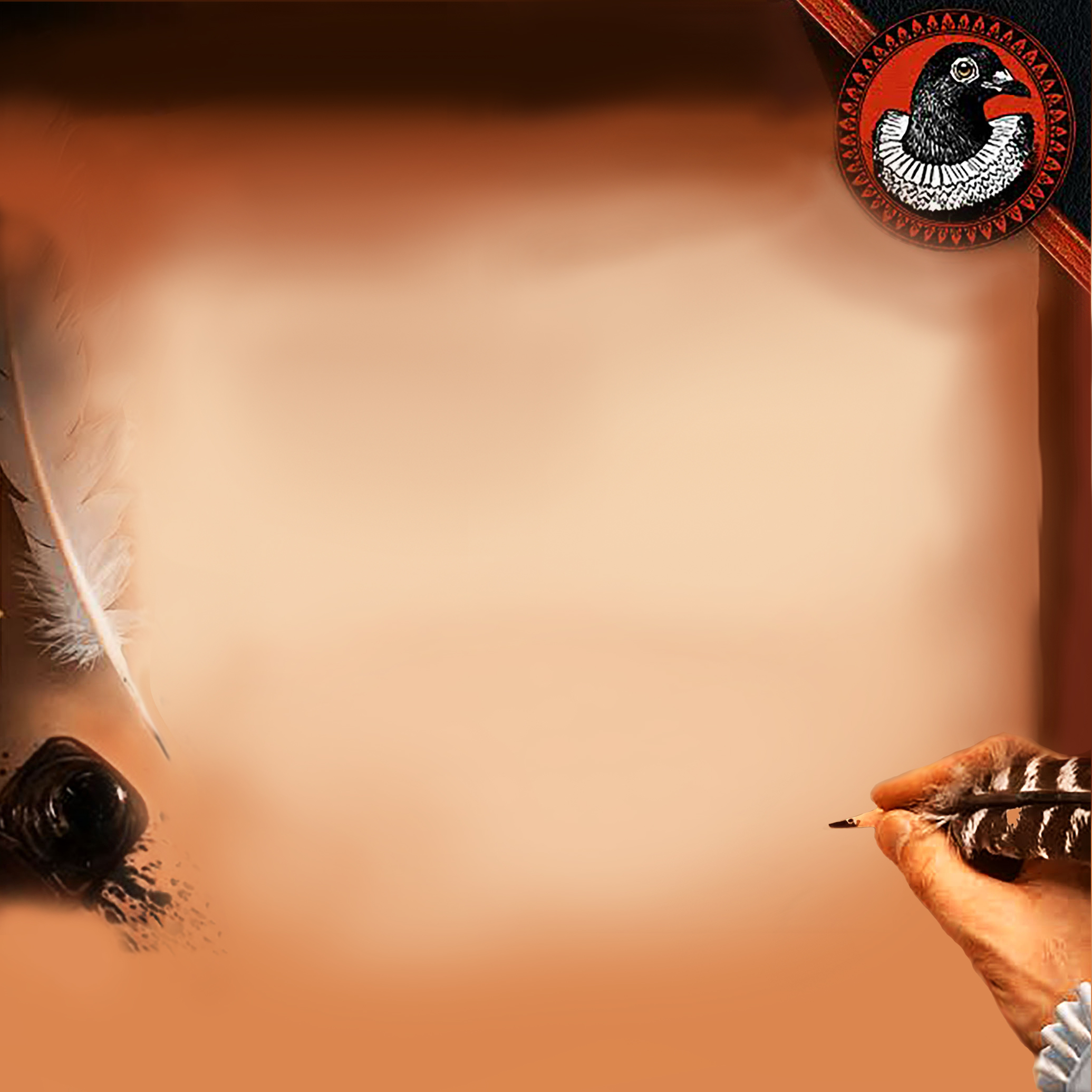In Chicago, democrat Mayor Lightfoot recently announced that she would only accept interviews from Black journalists. This is of course blatantly racist. The mayor is an anti-white racist when it comes to journalists, and an anti-Black racist when it comes to murder victims. This modern bigotry finds its Shakespearean parallel in The Merchant of Venice, when the Prince of Morocco seeks the hand of Portia, a rich Venetian heiress. The prince senses that his darker skin will be an issue and he tries to pre-empt it in his introductory speech:
Prince of Morocco: “Mislike me not for my complexion,
The shadow’d livery of the burnish’d sun,
To whom I am a neighbour and near bred.
Bring me the fairest creature northward born,
Where Phoebus’ fire scarce thaws the icicles,
And let us make incision for your love,
To prove whose blood is reddest, his or mine.”
This focus on our essential, shared human blood is mirrored by a statement that Shylock, also considered a member of a different race, makes in a more famous speech in the play (“If you prick me, do I not bleed?”). And by then-President Trump’s inaugural address (“When your heart is filled with patriotism, it has no room for prejudice.”) These color-blind sentiments are the opposite of what is currently on offer from the political left, which is best summed up in the viciously racist statement of Congresswoman Ayanna Pressley (“We don’t need no black or brown faces that aren’t black or brown voices.”)
The Prince goes on:
“I tell thee, lady, this aspect of mine
Hath fear’d the valiant: by my love I swear
The best-regarded virgins of our clime
Have loved it too: I would not change this hue,
Except to steal your thoughts, my gentle queen.”
If Moroccan virgins have loved this skin, you can, too! It’s not a bad argument, really. Portia by the terms of her late father’s will must, if she is to retain her inheritance, accept whichever suitor correctly chooses one of three “caskets” or chests, made respectively of lead, silver, and gold. She never considers spurning the inheritance in favor of her true love, even after she meets him. Here’s Portia’s reply to the Prince:
Portia: “…if my father had not scanted me
And hedged me by his wit, to yield myself
His wife who wins me by that means I told you,
Yourself, renowned prince, then stood as fair
As any comer I have look’d on yet
For my affection.”
She’s lying to his face. Earlier, when discussing her suitors with Nerissa, her lady companion, Portia said this of the Prince:
Portia: “If he have the condition of a saint, and the complexion of a devil, I had rather he should shrive me than wive me.”
Portia’s two-faced treatment of the Prince is a lot like the treatment Ivy League admissions officers deliver to Asian applicants. We love you, we oh so love you, but no, you’re not getting in. And the applicants, potentially including my sons, since my wife is Japanese, are expected to answer in the same key that the Prince uses to answer Portia:
Prince of Morocco: “Even for that I thank you:
Therefore, I pray you, lead me to the caskets
To try my fortune.”
To try his fortune in a rigged game, that is.
